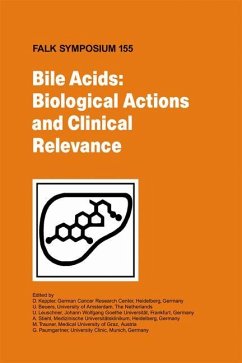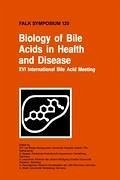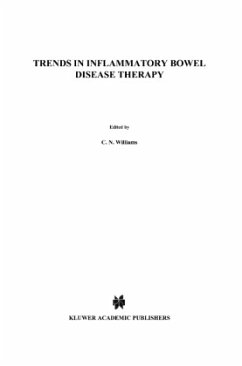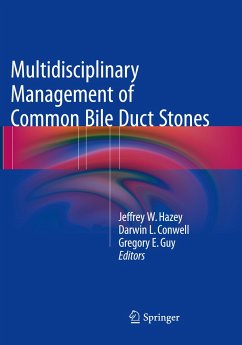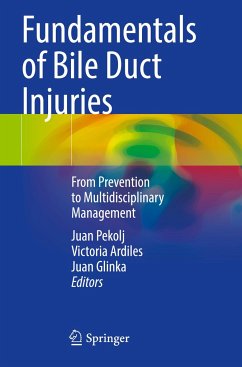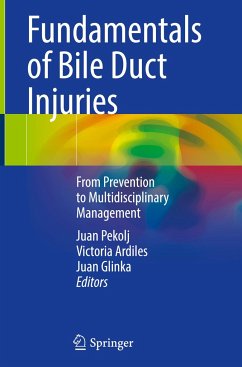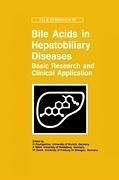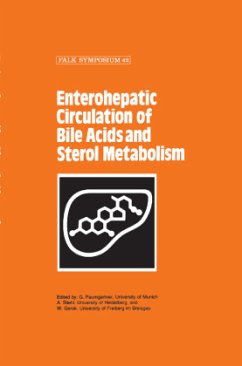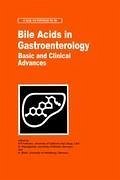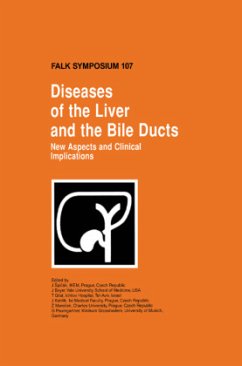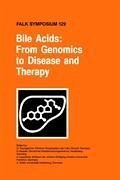
Bile Acids: From Genomics to Disease and Therapy
Versandkostenfrei!
Versandfertig in 1-2 Wochen
115,99 €
inkl. MwSt.

PAYBACK Punkte
58 °P sammeln!
Since the last International Bile Acid Meeting in The Hague in 2000, bile acid research has continued to flourish and therapeutic use of bile acids has attained a broader role. Bile acid research has been stimulated by the discovery that bile acids specifically bind to receptors of the cell nucleus. Thereby, they regulate the transcription of transport proteins and enzymes involved in synthesis, transport and metabolism of bile acids and maintain cholesterol homeostasis. Knowledge about genetic defects of bile acid transport which may cause cholestasis or intestinal malabsorption has also incr...
Since the last International Bile Acid Meeting in The Hague in 2000, bile acid research has continued to flourish and therapeutic use of bile acids has attained a broader role. Bile acid research has been stimulated by the discovery that bile acids specifically bind to receptors of the cell nucleus. Thereby, they regulate the transcription of transport proteins and enzymes involved in synthesis, transport and metabolism of bile acids and maintain cholesterol homeostasis. Knowledge about genetic defects of bile acid transport which may cause cholestasis or intestinal malabsorption has also increased impressively. Therapy of chronic cholestatic liver diseases, especially of primary biliary cirrhosis, with ursodeoxycholic acid represents an important advance in modern hepatology and has stimulated basic and clinical research to unravel the underlying mechanisms of action and to optimize treatment schedules.
This book is the proceedings of Falk Symposium 129, the XVII International Bile Acid Meeting held in Freiburg, Germany, May 30-June 1, 2002, which was again dedicated to both basic and clinical aspects of bile acid research with a focus on the role of bile acids in hepatobiliary and intestinal diseases. The latest findings are presented by the leading scientists and clinicians in the field.
This book is the proceedings of Falk Symposium 129, the XVII International Bile Acid Meeting held in Freiburg, Germany, May 30-June 1, 2002, which was again dedicated to both basic and clinical aspects of bile acid research with a focus on the role of bile acids in hepatobiliary and intestinal diseases. The latest findings are presented by the leading scientists and clinicians in the field.



